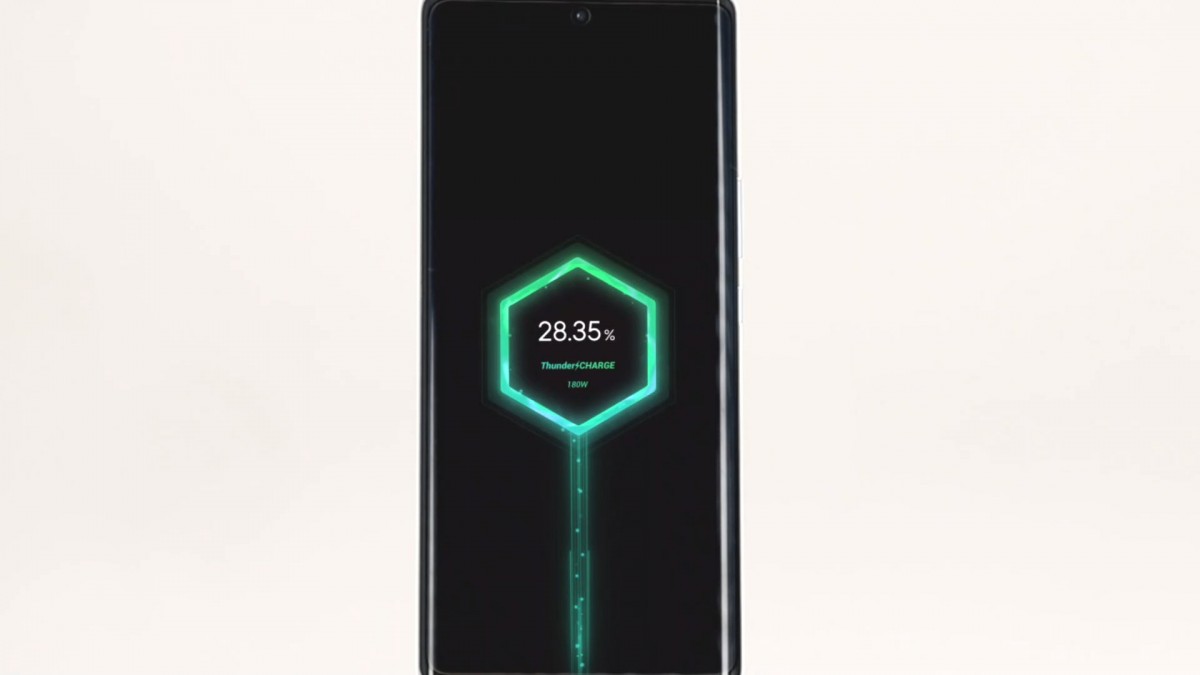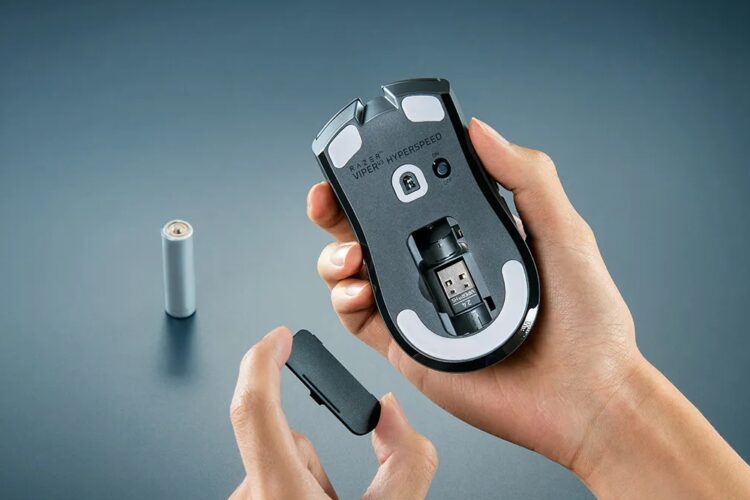A group of researchers from the Helmholtz-Zentrum Berlin and Humboldt University in Berlin recently developed an alternative charging solution for Lithium Ion (Li-Ion) batteries, allowing them to last twice as long as they do today. The new charging protocol that they developed based on pulsed current (PC).
Here’s a quick rundown on battery technology: As you know, Li-Ion batteries are used in everything these days, from the smartphones you use to the electric vehicles (EVs) that are gradually becoming more commonplace. However, like all things in life, these batteries also suffer wear-and-tear, and gradually begin to lose the ability to hold a charge after countless recharges. This is due to each charge, conducted through the constant current (CC), would make the anode’s solid electrolyte interface (SEI) significantly thicker.

The published research goes on to say that by charging the Li-Ion with the new PC protocol, the team discovered that the SEI was much thinner, and the electrode material underwent fewer structural changes. More specifically, the researchers discovered that PC charging using a square-wave current produced the best longevity, with the ability to double the service life of a battery, with an 80% capacity retention.
“Pulsed charging could bring many advantages in terms of the stability of the electrode materials and the interfaces and significantly extend the service life of batteries.” Prof. Dr Julia Kowal, an expert in electrical energy storage technology at TU Berlin, says.
(Source: Science Daily, Techspot)
Follow us on Instagram, Facebook, Twitter or Telegram for more updates and breaking news.



